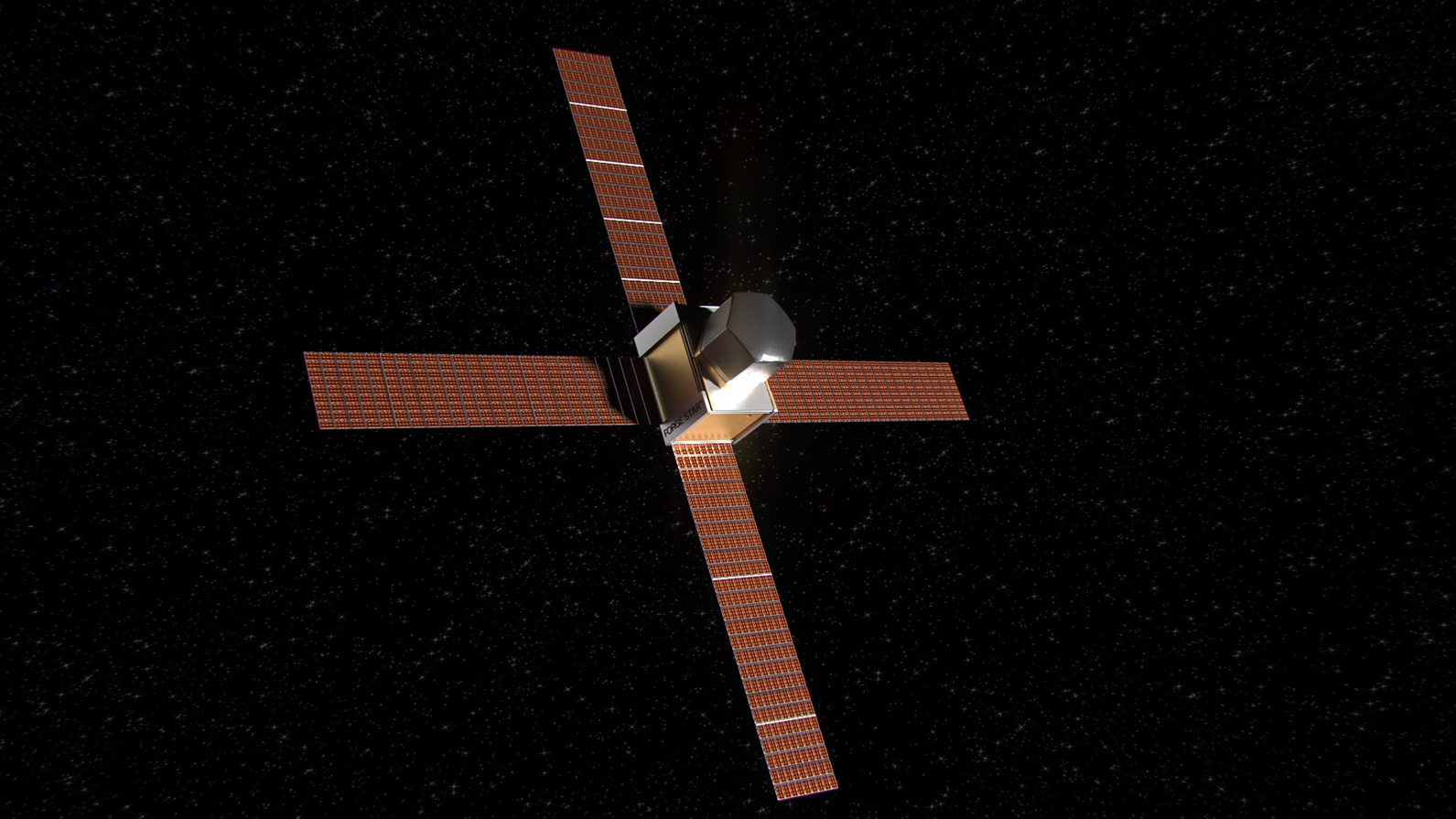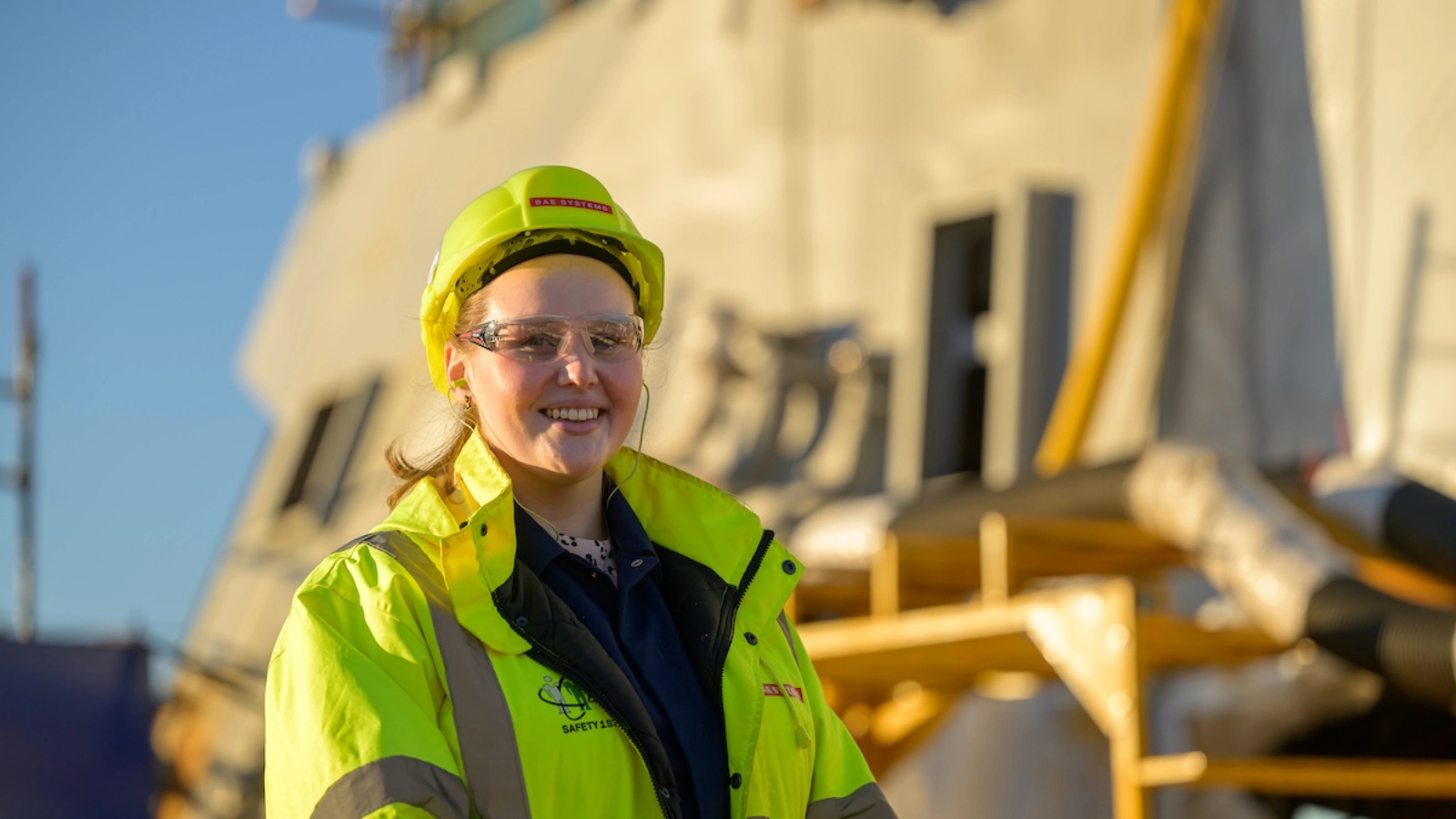Aqualunar Challenge launched

Image courtesy UK Space Agency
Nearly 6 in 10 (58%) people in the UK believe that developing technology for the harsh environment of space could help us back on Earth, with more than half (56%) believing that using technology in space means we can better understand our own planet and how to protect it.
The new research from Challenge Works and the UK Space Agency marks the launch of the £1.2 million Aqualunar Challenge. The new international challenge prize - in collaboration with the Canadian Space Agency and Impact Canada - is rewarding the design of innovative technologies to make human habitation on the Moon viable by finding ways to purify water buried beneath the lunar surface.
The research of 2,000 adults in the UK conducted by polling agency Opinium found that 62% of people believe that technologies designed for space exploration should have applications here on Earth, with more than half (51%) saying technologies designed for the Moon should prioritise sustainability.
Eighty-six per cent of respondents said they would like to see technologies being developed to purify lunar water adapted for use on Earth. Top priorities include removing microplastics from the oceans, providing clean drinking water in low-income countries and drought prone areas. This underscores a desire to address environmental challenges with space-derived solutions.
Andrew Griffith MP, Minister for Space at the Department for Science, Innovation and Technology (DSIT), said: "The UK has always been the home of great ideas and by backing UK start-ups to develop innovative technologies, long-term missions on the Moon may be possible.
"The Aqualunar Challenge demonstrates our commitment to collaborating on space innovation, unlocking commercial opportunities, supporting exploration of the Moon and building on our important relationship with Canada."

Paul Bate, CEO, UK Space Agency said: "Technologies developed for space exploration have a successful history of finding new uses on Earth. The UK is playing an important role in the NASA-led Artemis Missions, which aim to establish a permanent crewed base on the Moon’s surface by the end of the decade. This will only be possible if astronauts have reliable access to water and it is far better to source that water on the Moon than to send it up from Earth.
"The Aqualunar Challenge is rewarding the development of technologies that will help make this a reality by purifying the ice that is locked inside the Moon’s soil. While the challenge is focused on developing these technologies for the harsh environment of the Moon, they could also have important uses here on Earth."
Holly Jamieson, Executive Director, Challenge Works said: "To survive on the Moon, astronauts will need water to drink and to grow food. Water molecules - H2O - can also be split to produce oxygen to make breathable air and hydrogen for fuel. For a long-term lunar base to be viable we will need alternatives to sending deliveries of water, food, air and fuel in rockets from Earth. The Aqualunar Challenge is calling on innovators, start-ups, scientists, academics, engineers and problem solvers to submit their ideas – whether they have worked in the space sector previously or not."

Lunar sustainability
The UK has been a signatory of the Artemis Accords with NASA and partner space agencies around the world since 2020. The Accords are a set of principles developed by the US - in collaboration with the UK and Canada and spacefaring nations including Japan, Australia, Italy and the UAE - to ensure a shared understanding of safe operations, use of space resources, minimising space debris and sharing scientific data.
The support for lunar sustainability is reflected in the research as 8 in 10 (78%) of people believe that it is important that we use the Moon’s resources responsibly, while more than three-quarters (76%) say that exploration of the Moon should do minimal damage to the lunar environment.
When it comes to water on the Moon and international collaboration, 8 in 10 (79%) believe that no single country has a right to it, and more than two-thirds (68%) believe that exploration and settlement of the Moon should be an international effort.
How to enter
Entries to the Aqualunar Challenge should help solve the challenge of removing contaminants and purifying water found on the lunar surface – all in an efficient and reliable way.
In June 2024, the Aqualunar Challenge will reward UK-led teams behind the ten most-promising ideas with seed funding of £30k each to develop their ideas. In March 2025, three teams will be named winner and runners up, sharing in an additional £300k to take their solutions to the next level.
The UK is making international collaboration a priority to help maximise the impact of new space technologies and the future of exploration. Entries must be UK-led, however the Aqualunar Challenge is actively encouraging international collaboration within teams.
Challenge Works and the UK Space Agency are working in collaboration with the Canadian Space Agency (CSA) and Impact Canada, to deliver the Aqualunar Challenge with half the prize total being awarded to UK-led teams and half being awarded to Canadian-led teams.
The deadline to enter is 8th April 2024.
To find out more and to enter the Aqualunar Challenge in the UK: https://aqualunarchallenge.org.uk
Canadian-led teams can apply here: https://impact.canada.ca/en/challenges/aqualunarchallenge













